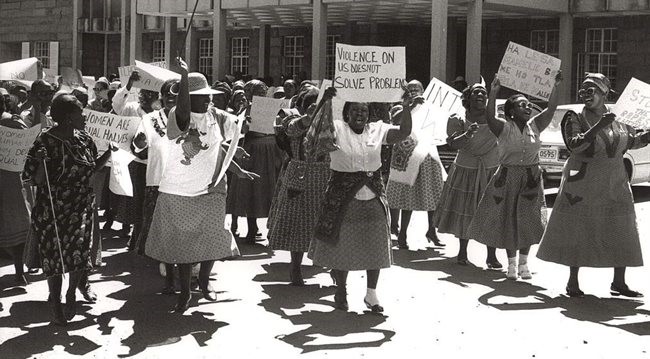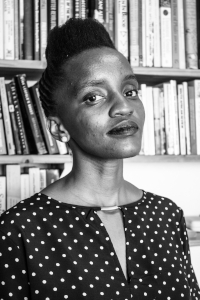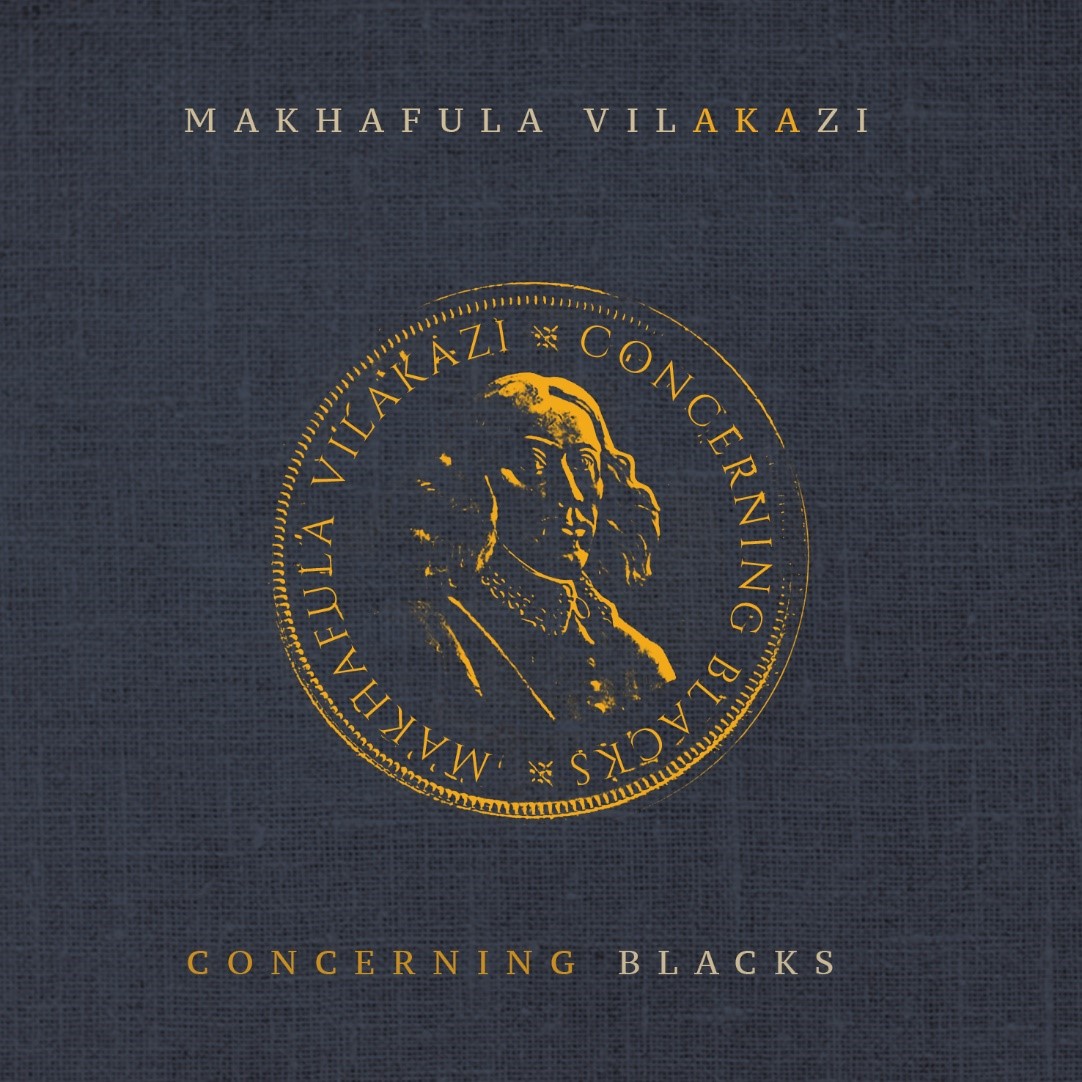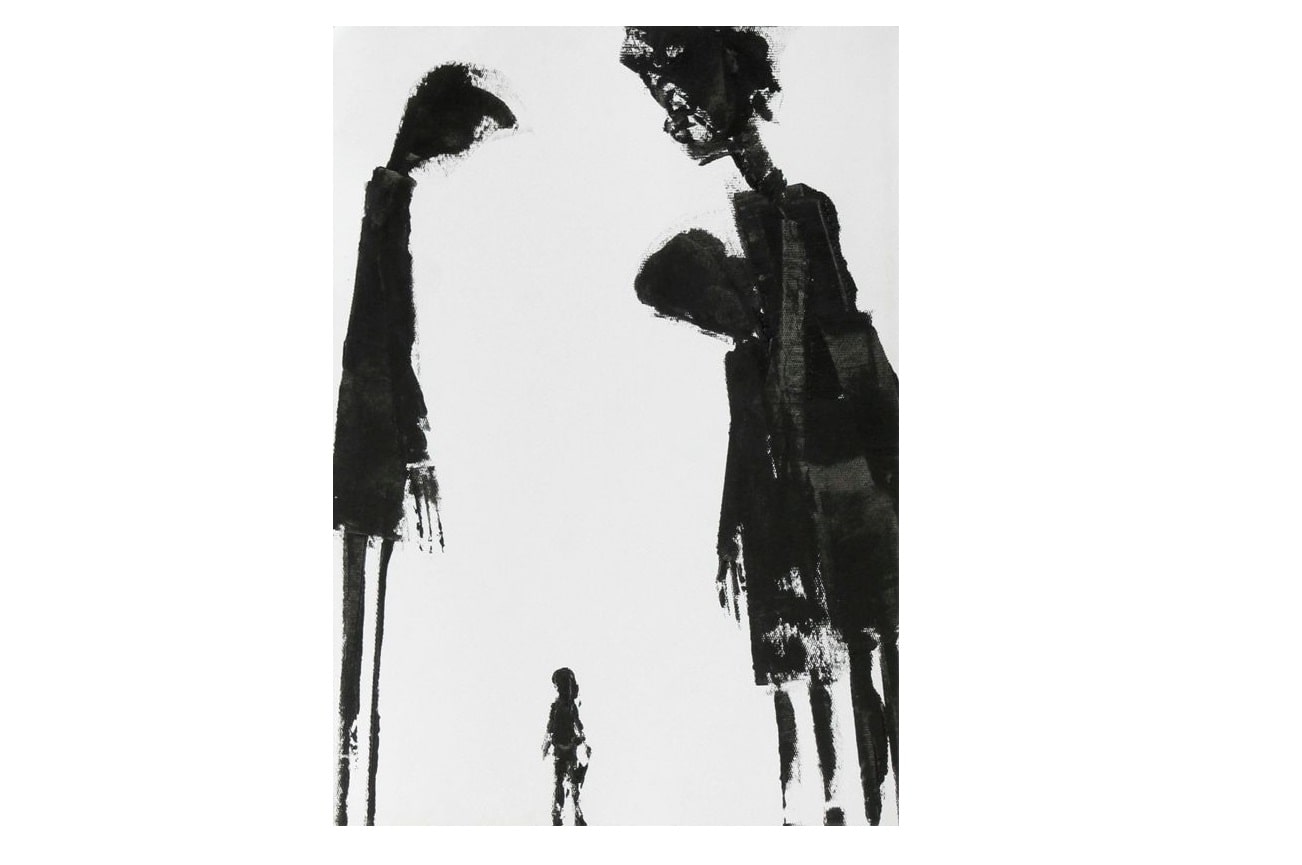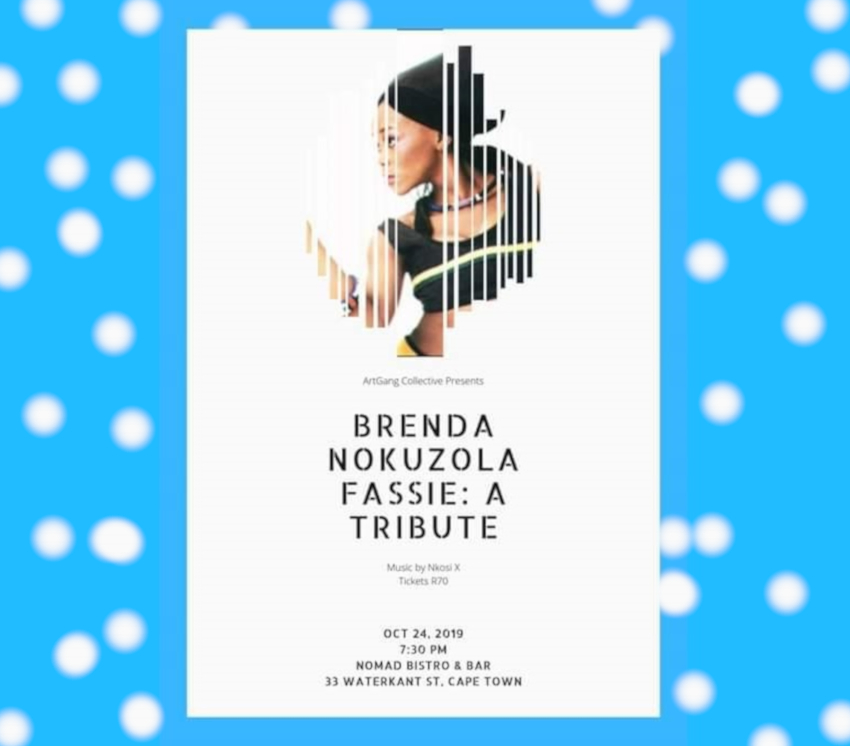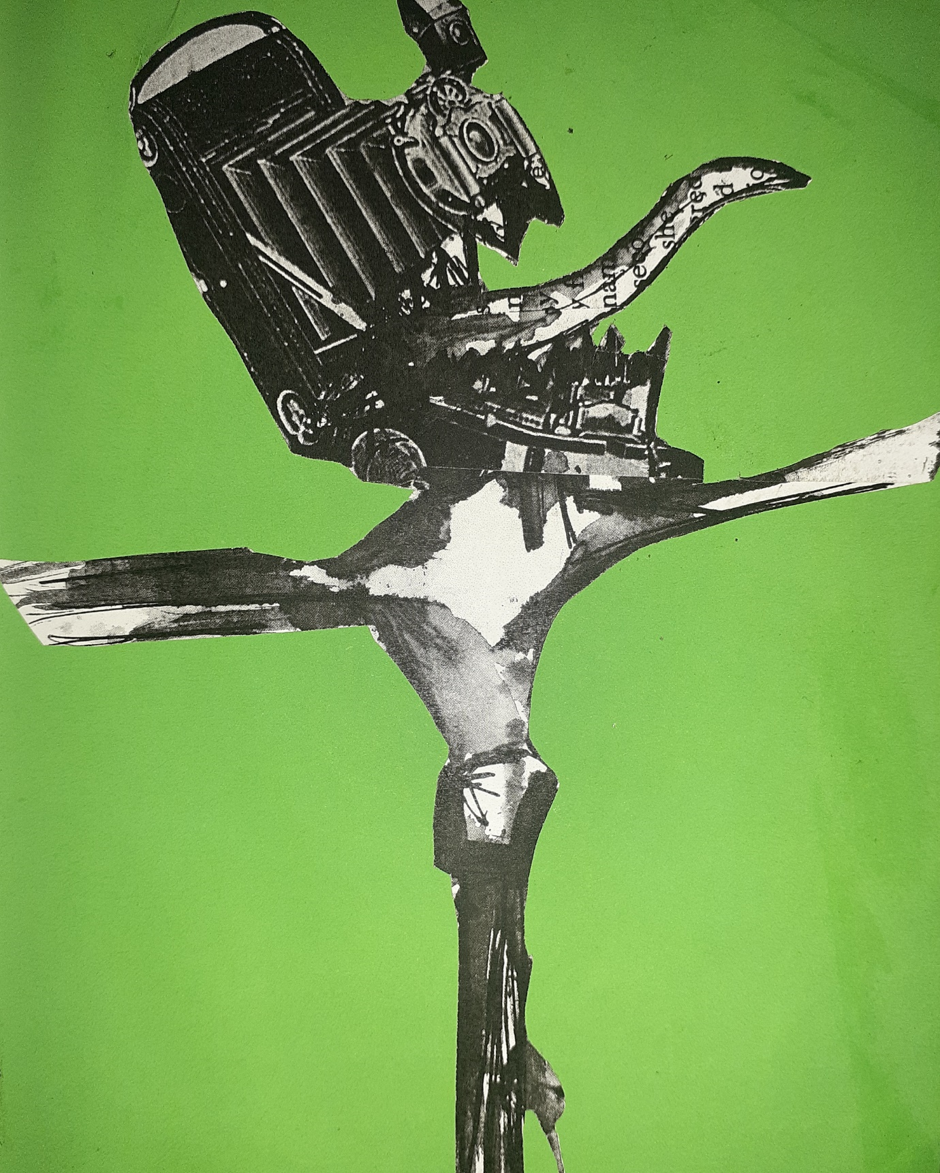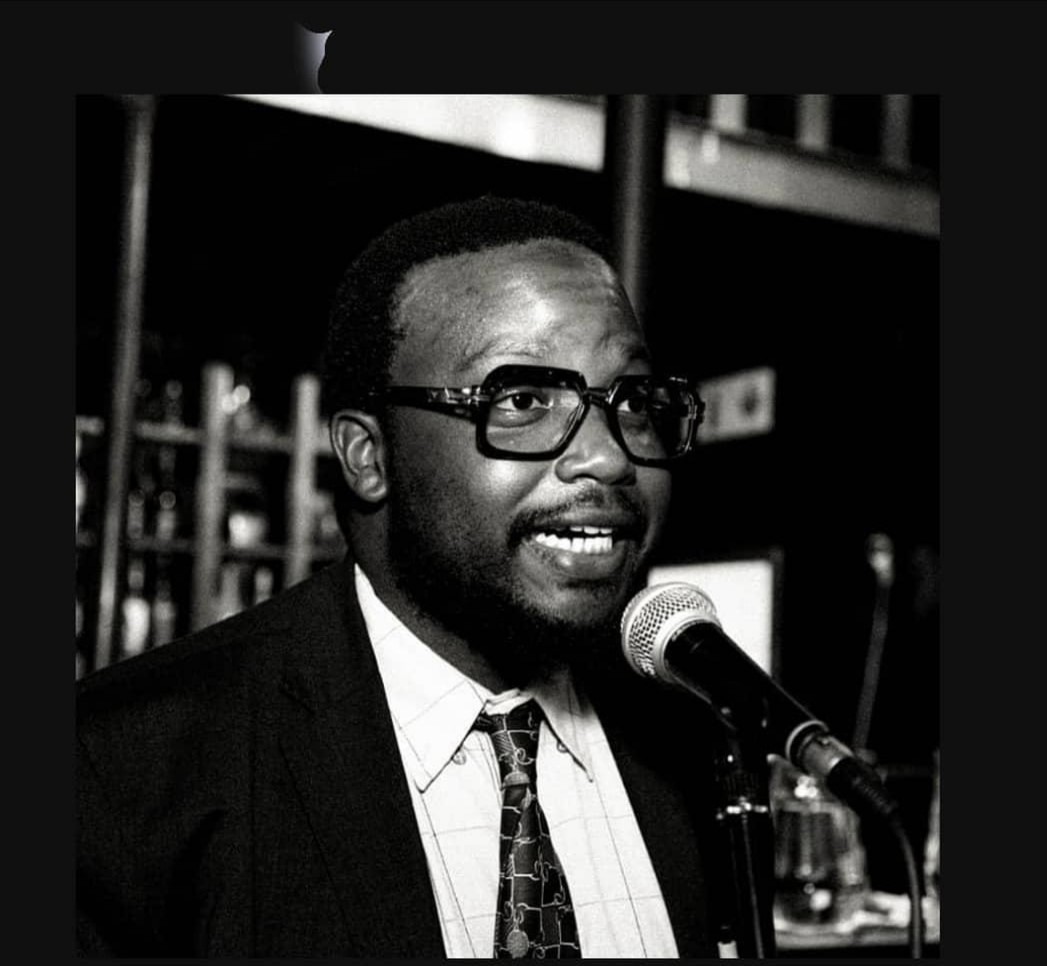The Women’s Month Edition of Culture Review 2021
Vuyolwethu Reoagile is curating a special edition of Culture Review for the month of August 2021. She’ll be delving into dialogues concerning women from different backgrounds including social workers, scholars, artists, educators, and more! The curated edition will also feature art and exclusive interviews with emerging and established artists who recently featured in the ; co-created by Vuyolwethu Reoagile (Graphoflux.Digital), Ilze Mari Wessels (IS Sound Architecture), and Mahlohonolo Chalatse (Bala Le Rona).
We invite you to share your work which will be curated by Vuyolwethu Reoagile throughout the month of August 2021. Submissions close on 31 August 2021. For the month of August, we are looking for work that speaks to the experience of women on all levels. Personal, economic, social, and political.
You’re invited to submit pieces of art, writing, poems, short stories, prose, reviews, interviews; anything that interrogates our current mode of existence as women.
The month of August is dedicated to women in South Africa, celebrating the Women’s March to the Union Buildings in 1956 (on 9 August). The month holds a special place in the hearts of South African women across races. However, this significant moment in history has been reduced to a simplified annual trope - another public holiday amongst many. The month of August is mostly a fleeting moment, a parade of pretentiousness and empty promises. In 2018, Philile Ntuli wrote:
‘A seminar here. An exhibition there. Public talks and recycled speeches. “Strength!” “Power!” “Enough!” “Down with that!” “Wathint’ abafazi, wathint’ imbokodo!” So goes the tune and character of Women’s Month.
So acculturated are we to its routines that we unwittingly reproduce our institutions and worlds with every event, every chant, every word – every August.
And this is how we die.
In contrast to the threat posed to state powers by the women of 1956, the contemporary establishment has nothing to fear from the women’s movement of today, which consists of fragmented organisations and individuals – defenceless against the routine of Women’s Month, and the everyday call of machines in offices yearning for women to give up the struggle.’
We are facing femicide head-on, women are dying at hands of GBV, [#AmINext]. Through international movements, [#MeToo], we realize the violation of women’s rights continues at a larger scale - no one is safe whether tucked in suburban hills or deep in the slums. Why is it so difficult to live freely as whomever you to be? How far have we come since 1956? What does the future of young women look like? What is women’s liberation; and have we achieved it? What are the similarities and polarities between us and the women of 1956? In her article, Ntuli proposes that we reintroduce ourselves as rebel women in intimate and family spaces. We need to address and oppose the injustices we face in our everyday lives.
We would like this issue to reflect a space where we can draw strategy and inspiration from successful movements, our own experience, and tapping into our dream state of a safe and just society.
‘The significance of the Women's March must be analysed. Women had once again shown that the stereotype of women as politically inept and immature, tied to the home, was outdated and inaccurate. And as they had done the previous year, the Afrikaans press tried to give the impression that it was whites who had ‘run the show'. This was blatantly untrue. The FSAW and the Congress Alliance gained great prestige form the obvious success of the venture. The FSAW had come of age politically and could no longer be underrated as a recognised organisation – a remarkable achievement for a body that was barely 2 years old. The Alliance decided that 9 August would henceforth be celebrated as Women's Day, and it is now, in the new South Africa, commemorated each year as a national holiday.’ - SA History
The Women’s March marked the act of women coming together to smash the patriarchy along with any misconceptions held about a woman’s place being limited to the home.
Makunyiwe Macala!* This is a Xhosa term that is said during times of battle where we take matters into our hands. In English one might use the term ‘tit for tat’ / ‘butter for fat’. In this issue, we would like to tap into that spirit of defiance and rebellion.
Let’s come together, across race and gender, to reflect on the bravery of the women of 1956 as well as contemplating a future that eliminates rape, GBV, and all forms of rampant and endemic violence against vulnerable members of society.

Writers, artists, and thinkers of all ages (who identify as black) are welcome to submit. Special preference will be given to black women and queer bodies but we do welcome submissions from all gender identities. You can submit multiple pieces in different genres.
We welcome essays and critical thought up to 2500 words. You can submit up to five pieces of poetry. Please send all writing as a Google Doc to vreoagile@gmail.com. [share and ensure it’s editable]
You can submit photographic essays of up to 10 images and up to three video pieces via WeTransfer to vreoagile@gmail.com. You’re also welcome to send links on a platform that we can embed into the site.
Audio (poems, songs, etc.) and podcasts of no longer than 20 mins via WeTransfer to vreoagile@gmail.com. You’re also welcome to send links on the platform that we can embed into the site.
At present, we are unable to pay for accepted submissions. However, selected contributors will be approached for future paying opportunities. We also hope that exposure to the Culture Review readership and the Womb{b}_anifesto network will create new opportunities for the contributor. However, if we manage to get funding for this edition - the change in terms will certainly be communicated!

